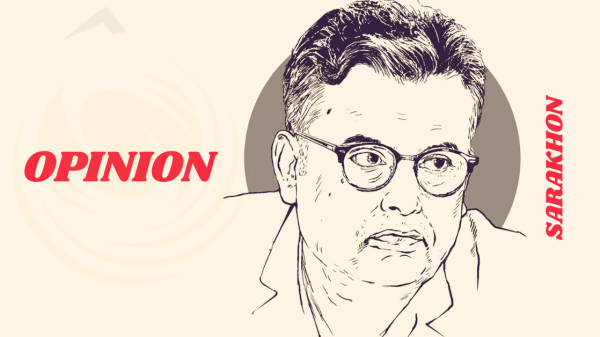Elon Musk Sparks Controversy in the Royal Society with High-Profile Resignation

- Update Time : Saturday, November 30, 2024

Elon Musk’s membership in the Royal Society has ignited a heated debate within the world’s oldest scientific academy. The controversy reached a boiling point when Dorothy Bishop, a renowned neuropsychologist from the University of Oxford, resigned in protest. Her resignation stemmed from the Society’s decision to retain Musk as a fellow, despite accusations of spreading misinformation and attacking scientists online.
Membership in Question
Musk, inducted into the Society in 2018 for his technological innovations with SpaceX and Tesla, is now under scrutiny for his behavior on X, the social media platform he owns. Critics, including Bishop, allege that Musk has amplified vaccine skepticism, downplayed climate change, and targeted individual scientists, actions deemed contrary to the Society’s code of conduct.

A Divided Society
In August, Bishop and 73 other fellows petitioned the Society to reconsider Musk’s membership following his contentious posts on social media. However, the Society concluded that Musk’s actions did not violate its rules. This decision has left members divided, with some viewing Bishop’s resignation as a bold stand for integrity, while others fear the fallout from removing such a high-profile member.
The Implications of Musk’s Influence
Musk’s growing political influence, particularly his potential role in advising the U.S. government on scientific funding, has heightened concerns. Critics worry that his involvement could have lasting repercussions on American science policy.

Historical Precedents
While rare, expulsions from the Royal Society have occurred, such as John Flamsteed in 1709 and Rudolf Raspe in 1775. However, the potential removal of Musk would mark a significant modern precedent, likely drawing accusations of political bias and legal challenges.
The Royal Society now faces the challenge of balancing tradition, integrity, and public perception as it navigates one of its most significant controversies in recent years.









Leave a Reply